27. September, 2024delish0
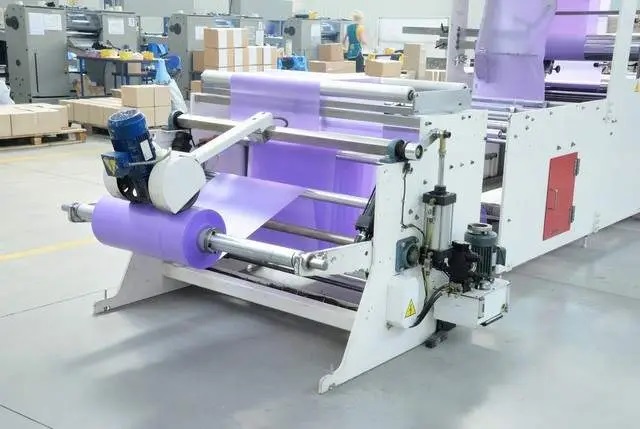
In modern production processes, the introduction of automatic loading systems has significantly improved the working environment, reduced labor dependence, and become a key part of improving plant efficiency and safety. This system uses automated equipment to handle, sequence and supply raw materials or components, reducing the heavy labor and potential risks of traditional manual loading.
Automatic loading systems usually integrate sensors, robot arms, conveyor belts and other devices to accurately identify the location and status of materials, and ensure that materials are delivered to the processing position on demand and on time. This process not only reduces the time cost and error rate of manual operations, but also avoids direct exposure of workers to hazardous environments such as heavy material handling, high temperatures or toxic handling, and significantly improves workplace safety standards.
In addition, the flexibility and programmability of the automatic loading system enable it to adapt to changes in different production batches and product types, and realize rapid changeovers to meet diverse production needs. Through the integration with ERP, MES and other production management systems, it can also realize real-time monitoring and analysis of production data, provide decision support for optimizing production scheduling and inventory management, and further improve overall operational efficiency.
In conclusion, the application of automatic feeding system is an important step towards manufacturing. It not only improves the continuity and efficiency of production operations by reducing manual intervention, but also improves the safety of the working environment, injecting new vitality into the sustainable development of the enterprise. With the continuous advancement of automation technology, the automatic feeding system will show its value in more fields and help the industry and transformation.

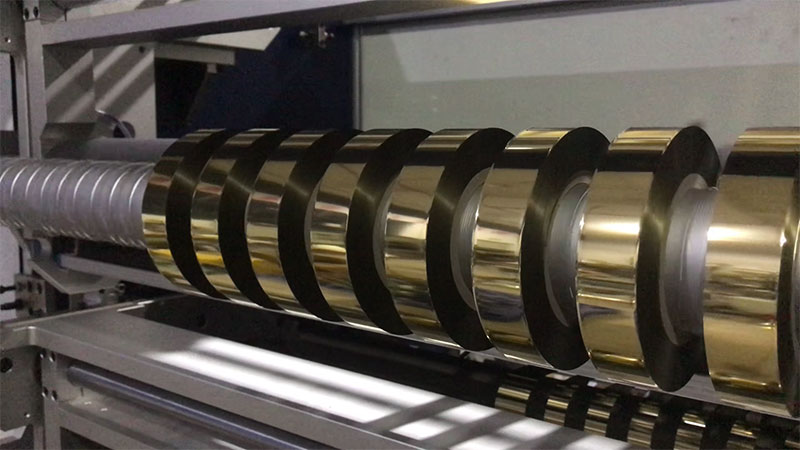
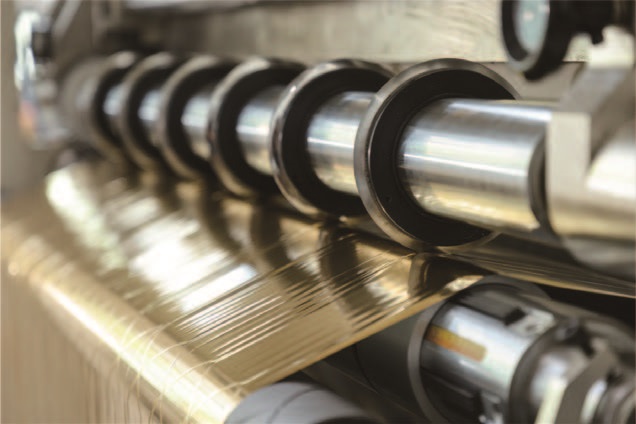
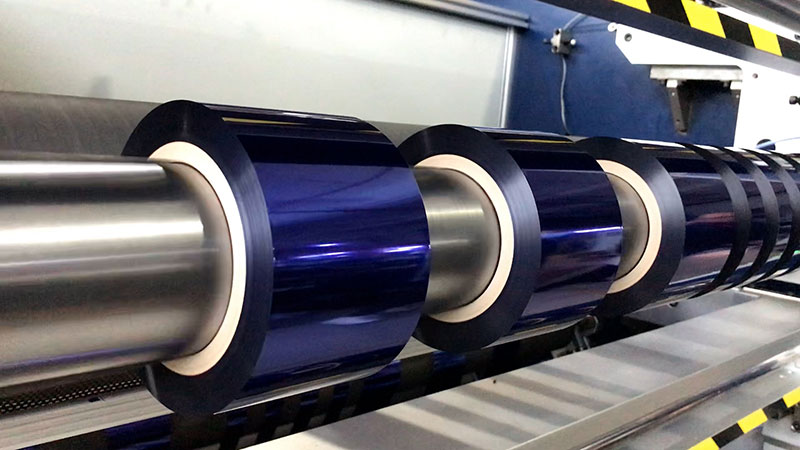
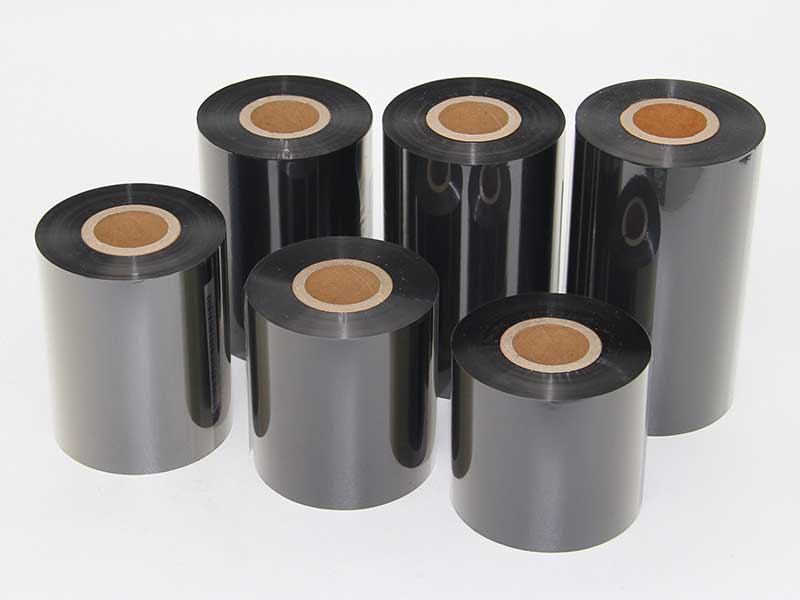
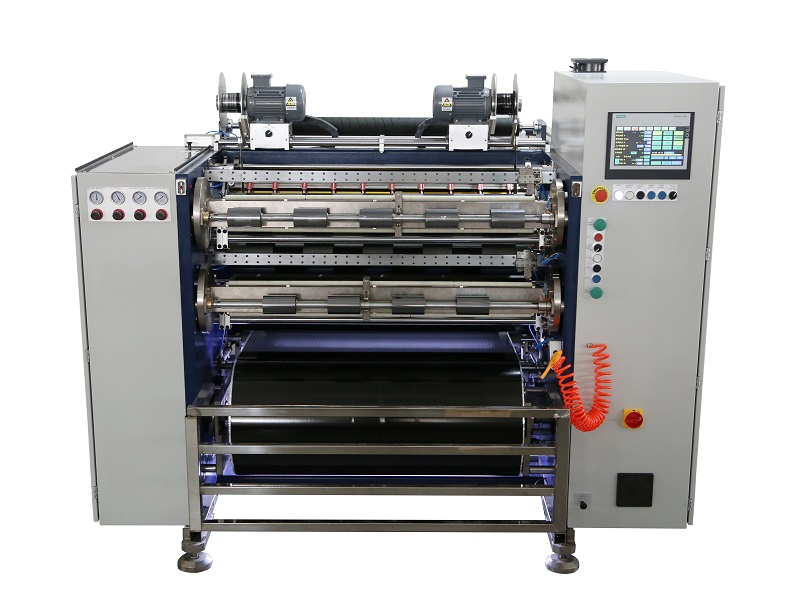 Fully Automatic TTR Slitter RSDS8 Plus
Fully Automatic TTR Slitter RSDS8 Plus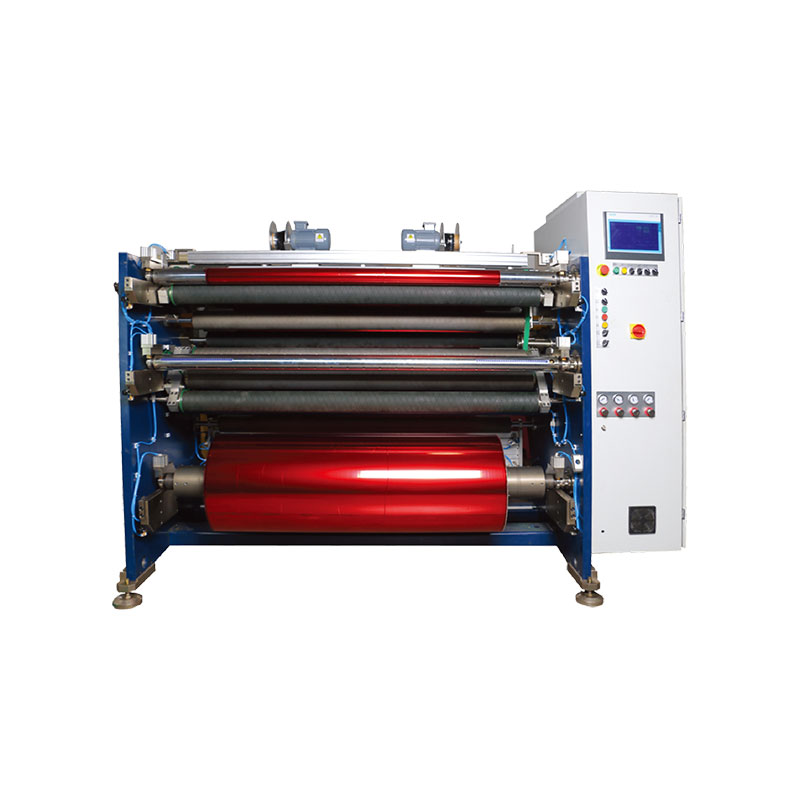 Hot Stamping Foil Slitter 1600mm
Hot Stamping Foil Slitter 1600mm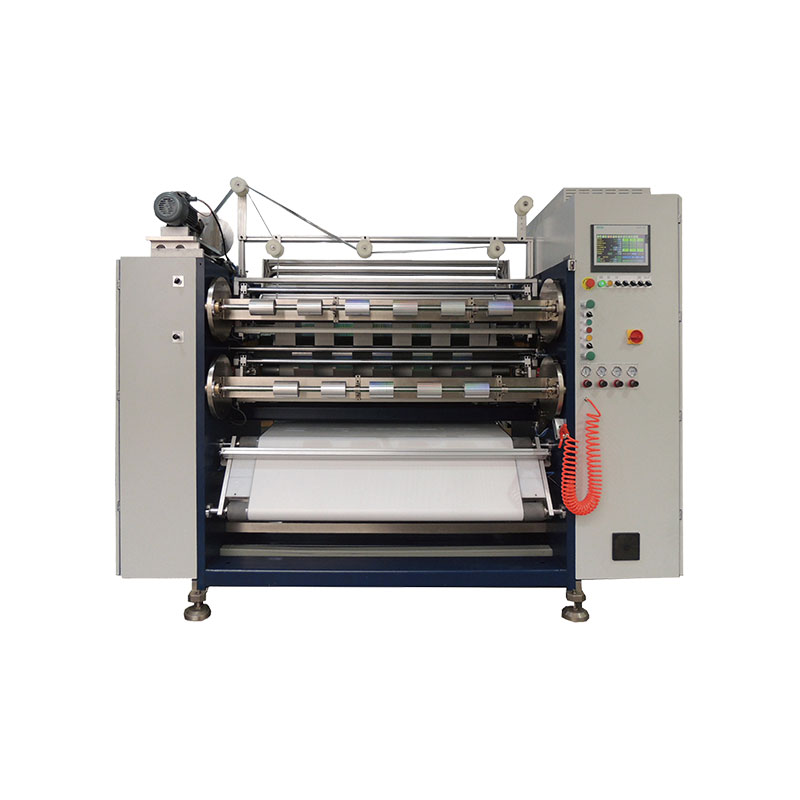 Hot Stamping Foil Slitter (4 Shafts)
Hot Stamping Foil Slitter (4 Shafts)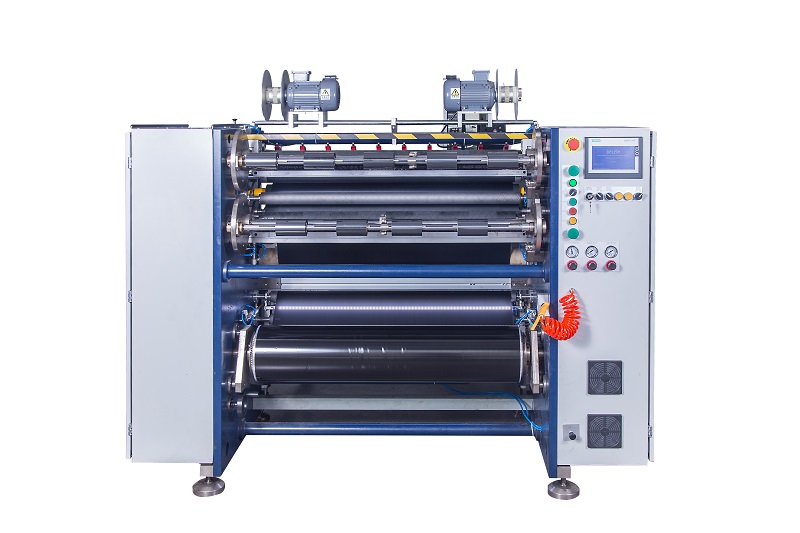 Semi-Auto TTR Slitter RSDS2 Plus
Semi-Auto TTR Slitter RSDS2 Plus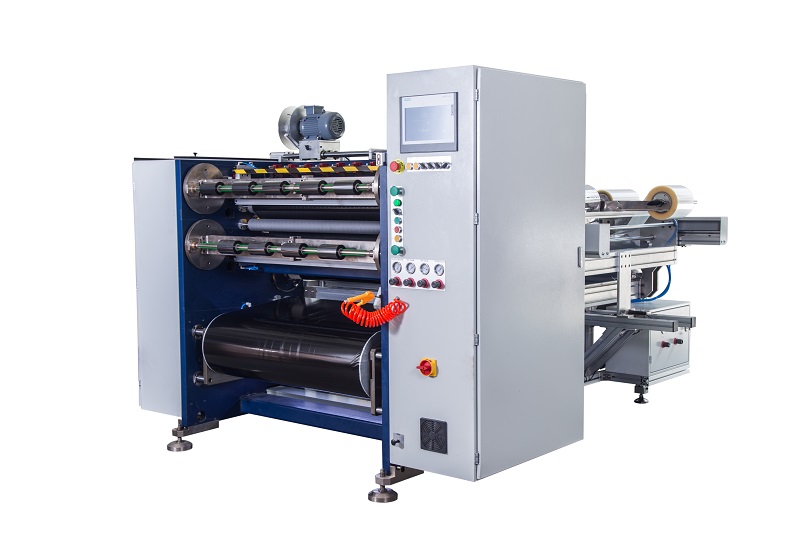 Semi Automatic TTR Slitter RSDS5 Plus
Semi Automatic TTR Slitter RSDS5 Plus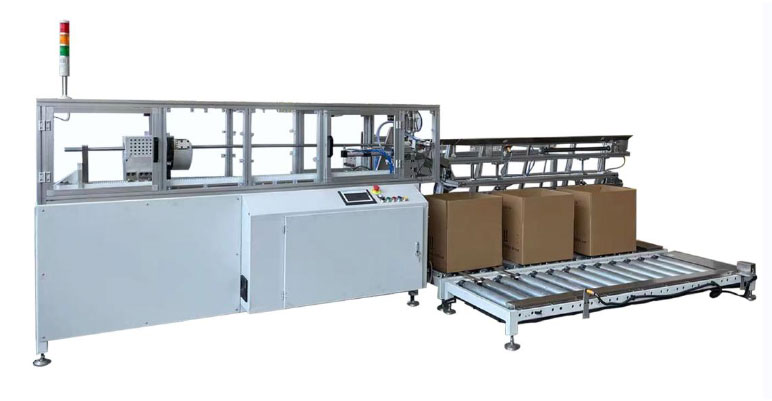 Auto Paper Core Cutter
Auto Paper Core Cutter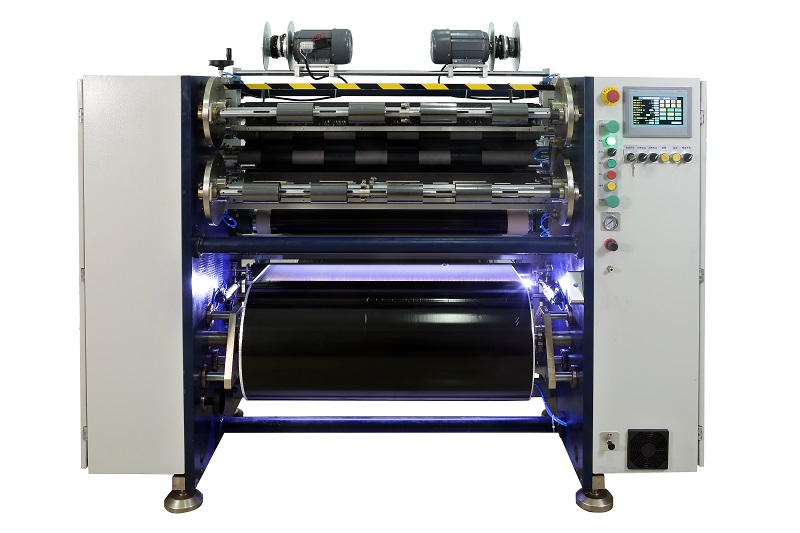 Manual TTR Slitter RSDS2
Manual TTR Slitter RSDS2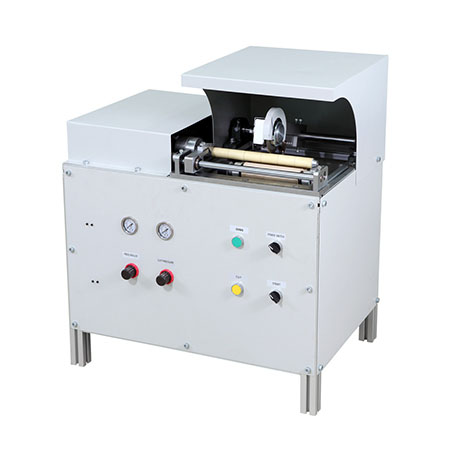 Manual Paper Core Cutter
Manual Paper Core Cutter





